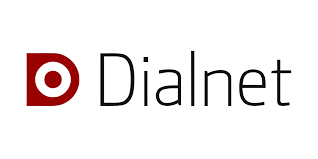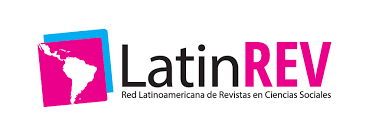Publication Ethics
It is the authors' responsibility to practice scientific ethics; Therefore, every article, before publication, must meet the following requirements:
1. The authors will provide their consent for the submission and publication of the article under evaluation by means of a cover letter (Annex 1); declaring that the article is original and unpublished (it has not been subjected to review in any other digital or printed journal, national or international; nor in any other printed or electronic media).
2. If the article includes external information such as texts, images, graphics or tables; must be expressly recognized in the work.
3. All articles are subjected to a similarity detection program to identify matches between documents. The accepted percentage of similarity will be a maximum of 10%.
Eduser Magazine assumes the COPE code of conduct for editors and the "Principles of Transparency and Good Practices in Academic Publications" (Publication Ethics Committee), as well as the recommendations of the Directory of Open Access Journals (DOAJ) to which it belongs, the Open Access Scholarly Publishers Association (OASPA) and the "SciELO Guide to Good Practices for Strengthening Ethics in Scientific Publication".
Responsibilities of the editors and the editorial board:
Publication selection: The editor and the editorial committee are responsible for selecting the articles that will be published in the journal.
Confidentiality agreement: The editor and any member of the journal team must guarantee the confidentiality and anonymity of the manuscript with respect to reviewers, editorial advisors or the editor.
Responsibility of reviewers
Confidentiality: Any manuscript submitted for review should be considered a confidential document.
Punctuality: Reviewers must inform the editor of their willingness to evaluate the assigned works.
Contributions to editorial evaluation: Evaluations provide information for the editorial decision-making process.
Transparency and interests: Private information or ideas gathered through peer review should remain private and not be used for the benefit of the reviewer.
Author Responsibilities:
Research principles: Authors must be responsible for their actions with the journal, avoiding actions that violate good practices in scientific publication processes. If inappropriate conduct is identified, the editorial committee, together with the Ethics Committee, will make the decisions they consider appropriate, including sanctioning the researchers.
Authenticity: the author must guarantee the authenticity of his document.
Authorship of the article: Authorship belongs to those people who made a significant contribution to the design, execution, or understanding of the manuscript. When authorship is shared, it must be formally declared that the authors have contributed intellectually to its preparation and agree with the content of the manuscript. Authors must provide information on authorship responsibility at the time of submitting the manuscript. It is recommended to declare the functions performed during the construction of the work considering the roles established in the CRediT Taxonomy (https://credit.niso.org). Starting in 2023, it must be declared whether the article belongs to a research project financed by public and private entities and indicate its Code if it has one.
Example of application: The type of responsibility that each author has had will be included at the end of each article in accordance with the following format. Gonzáles, C: Conceptualization, Methodology, Méndez, N.: Data curation, Writing – Original draft Nolazco, F.: Conceptualization, Visualization, Writing – Review and editing, Ramos, J.: Writing – Review and editing.
INTEREST CONFLICT
Any manuscript that is the product of funded research must have publication permission from the funding institution. Conflicts between authors for personal, economic and political reasons should be avoided.












